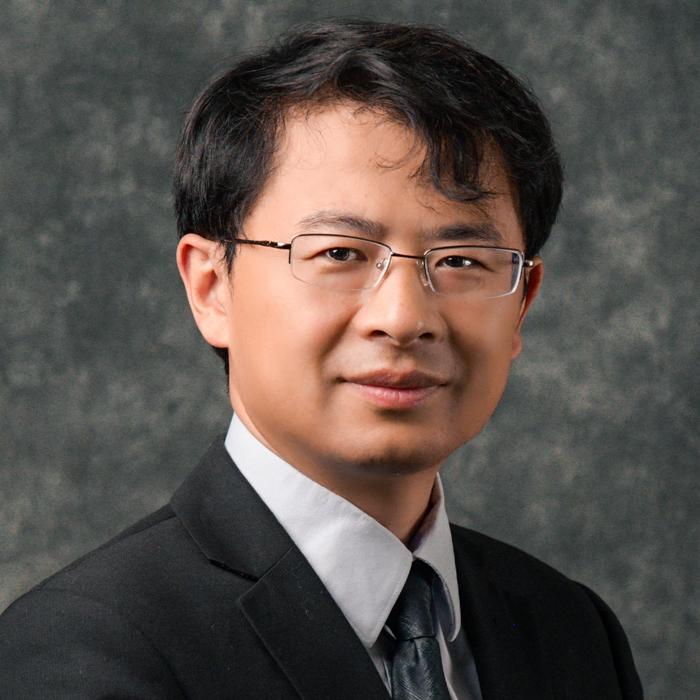The time it takes to charge an electric vehicle (EV) is often cited as the reason drivers are reluctant to switch from gas-powered cars. They can take several hours to charge at home and up to an hour at fast-charging, public stations.

Credit: The University of Texas at Dallas
The time it takes to charge an electric vehicle (EV) is often cited as the reason drivers are reluctant to switch from gas-powered cars. They can take several hours to charge at home and up to an hour at fast-charging, public stations.
A University of Texas at Dallas researcher, however, is working on technology to charge EV batteries 10 times faster.
Dr. Yue Zhou, assistant professor of mechanical engineering in the Erik Jonsson School of Engineering and Computer Science, received a National Science Foundation (NSF) Faculty Early Career Development Program (CAREER) award to support the project. CAREER grants are the NSF’s most prestigious award for early-career faculty who exemplify the role of teacher-scholars and are likely to become leaders in their fields. Zhou, who joined UT Dallas in fall 2022, will receive $500,000 over five years.
“The charging time for electric vehicles is a real limitation compared to traditional cars that we can fill at a gas station in five minutes,” said Zhou, who also is one of several UTD faculty members involved in a $30 million battery research project funded by the Department of Defense.
“If we can resolve this issue, we can attract more people to use electric vehicles so we can reduce carbon dioxide emissions, greenhouse gases and pollution, and distribute energy more efficiently. That’s our goal,” he said.
Zhou, who leads the Energy Storage and Conversion Lab at UTD, and his team of researchers are working to reduce EV charging time by modifying the structure inside lithium-ion batteries. These batteries, which are used in EVs and a variety of electronic devices, generate electricity when ions move inside the battery and create a charge. The researchers’ solution involves introducing an internal electric field into the electrodes, which will accelerate the ions and lower the amount of energy needed to activate them.
The research also could be applied to lithium-ion batteries used in other electronics, such as cellphones, drones and cameras, Zhou said. Batteries also are critical for storing energy generated from wind turbines and solar panels.
“For renewable energy, we need energy storage,” Zhou said. “Wind and solar power do not flow continuously, so we have to capture and store energy so it can be used at a later time.”
An expert in energy-storage technology, Zhou also received an Office of Naval Research Young Investigator Award last year before he joined UT Dallas. The three-year project is designed to use structural batteries to expand energy storage in electric airplanes. Structural batteries are incorporated into the structure of the plane to provide both battery power and structural support.



